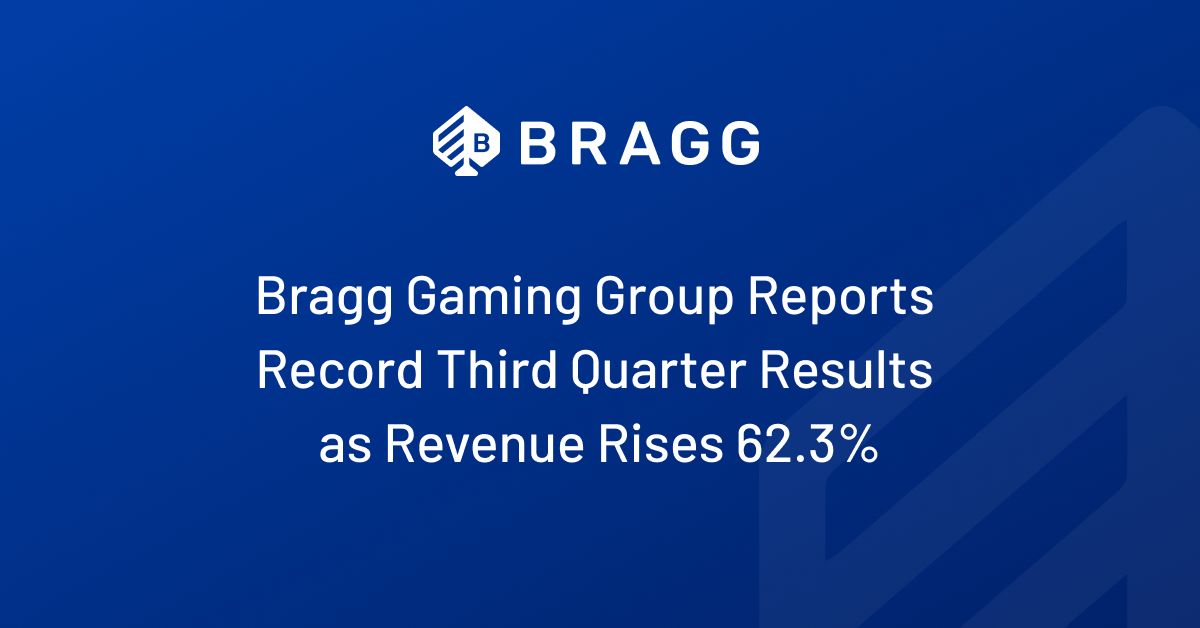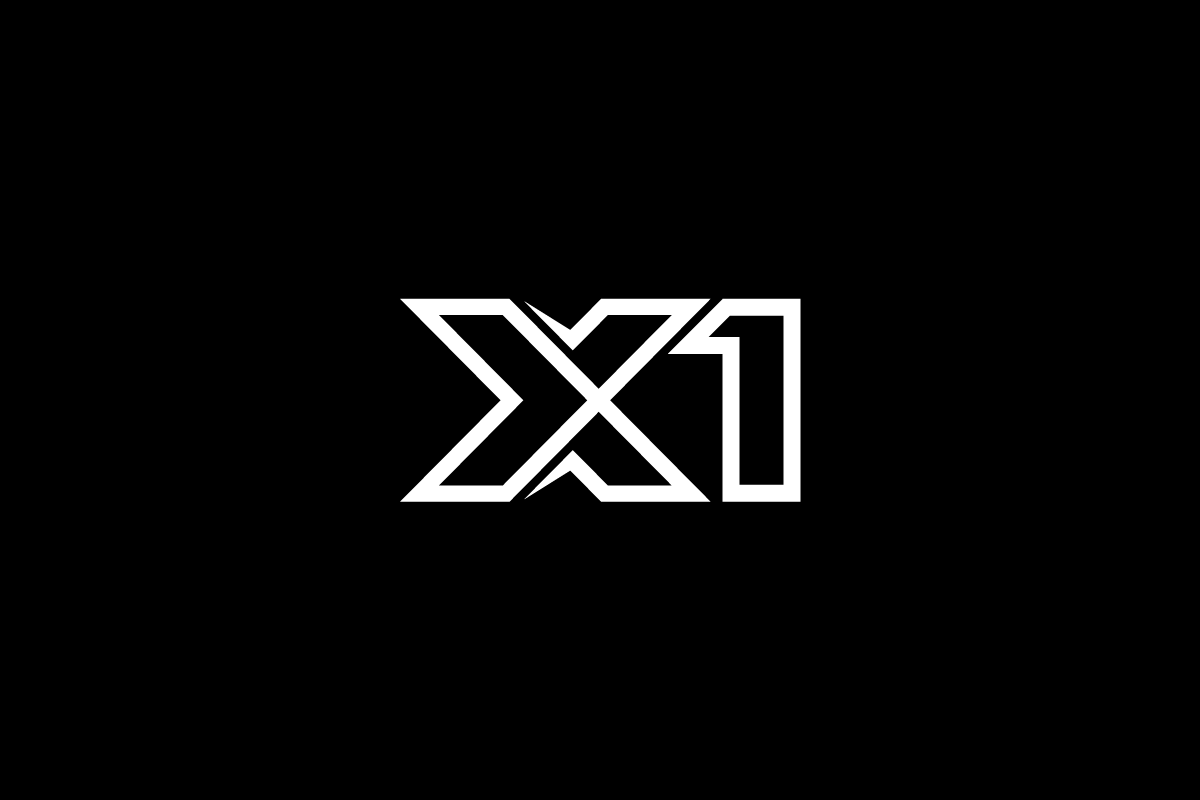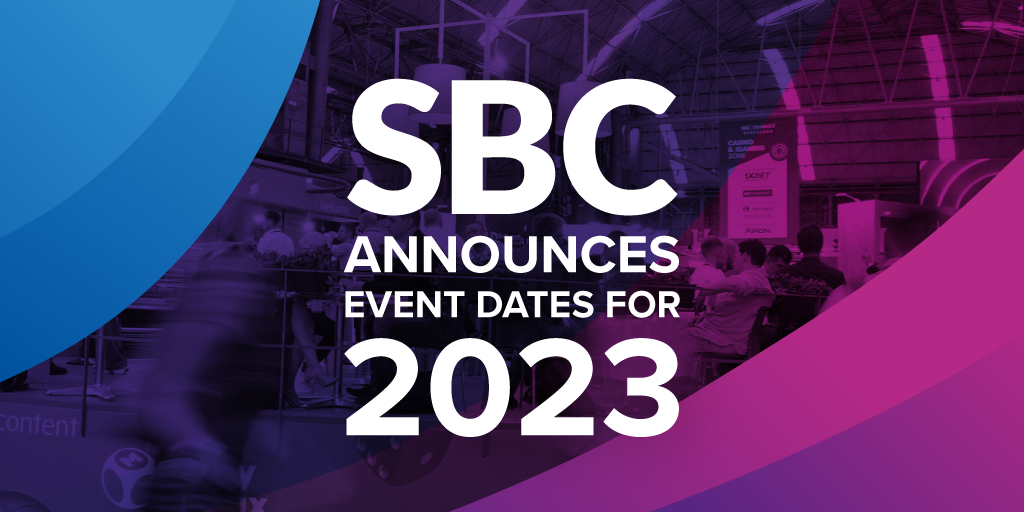
Sharplink Gaming Names Sports Tech Veteran Dave Abbott as Company’s New Chief Technology Officer
SharpLink Gaming Ltd., a pioneer of technology-driven sports fan activation and conversion solutions for the U.S. sports betting and iGaming industries, announced that Dave Abbott, former Managing Director of U.S. Sports Media at Sportradar, has been appointed as SharpLink’s new Chief Technology Officer, effectively immediately.
Building on his 20+ years of experience driving transformational innovation and platform growth for leading technology companies, Abbott brings SharpLink deep technical expertise in customer relationship management software, data integration and architecture and productization in the sports technology industry.
Rob Phythian, Co-Founder and CEO of SharpLink, stated, “Given Dave and my long and storied history of collaboration, partnership and teamwork, having worked together in the past to help put both SportsData and Sportradar U.S. on the map, I have first-hand knowledge of and appreciation for his vision, skill and ability to create and monetize bleeding-edge innovations and impactful solutions. A true technology visionary, Dave will be charged with inspiring and growing SharpLink’s engineering teams, driving forward our technology roadmap, and advancing our mission to be the provider-of-choice for game-changing technologies for fantasy sports and free-to-play gaming as well as hyper-localization of fan engagement.
Prior to joining SharpLink, Abbott spent more than eight years at Sportradar (Nasdaq:SRAD), serving first as Senior Vice President of Innovation and Technology and rising to Managing Director of U.S. Sports Media, where he focused on the growth and development of the company’s media strategy in the United States. Founded in 2001, Swiss-based Sportradar is a sports technology company serving over 1,700 sports federations, media outlets, betting operators and consumer platforms across 120 countries. Sportradar’s U.S.-based business traces its start to its 2014 acquisition of SportsData, a provider of sports-related live data and digital content co-founded by Abbott and Phythian in 2010. Following the acquisition, Abbott, Phythian and Tom Masterman, SharpLink’s recently named Vice President, Revenue and SportsData alumnus, joined Sportradar to establish and build the Company’s U.S. presence.
“The timing is ideal for ‘putting the band back together,'” said Abbott. “The notable success that Rob, Tom and I shared while working together at SportsData and Sportradar is a testament to our corresponding strengths, commitment to results, common core values and similar work ethics. I’m delighted to be reuniting with them and look forward to working closely with SharpLink’s highly talented team at this important evolutionary phase of the U.S. sports betting market. I have great confidence that SharpLink will prove to be our biggest success, yet.”
A frequent speaker at sports industry conferences and trade events, Abbott has also volunteered over the past several years as a mentor to CEOs of emerging software companies in association with the Minnesota Emerging Software Advisory. He earned his MBA in Finance from the University of St. Thomas – Opus College of Business and a Bachelor of Science degree in Computer Science from the University of Minnesota, Institute of Technology.










